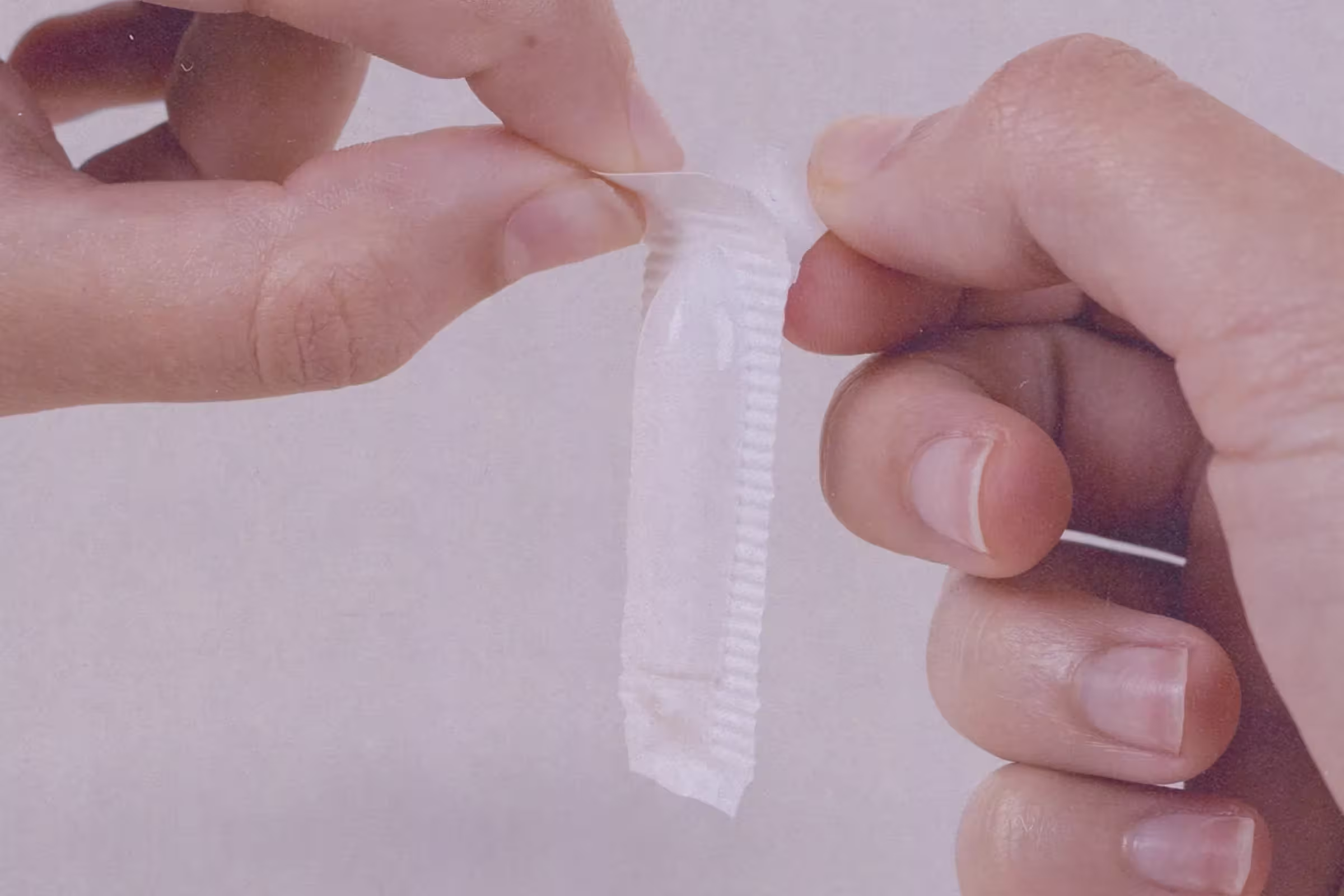

Does Boric Acid Expire?
Learn about the shelf life of boric acid suppositories, how to store them, and why using them before their expiration date is crucial for safety.
Words by Olivia Cassano
Scientifically edited by Dr. Krystal Thomas-White, PhD
Medically reviewed by Dr. Kate McLean MD, MPH, FACOG
If you’ve been using boric acid suppositories to support your vaginal health, you might wonder: Does boric acid expire? The short answer is yes, boric acid does have an expiration date, and it’s important to pay attention to it to ensure safety and effectiveness. Let’s dive into the details and clear up any confusion about using boric acid safely.
Does boric acid expire?
Like most health products, boric acid comes with an expiry date printed on the packaging. This date is there for a reason — it’s the manufacturer’s assurance of the product’s potency and safety up to that time. Beyond the expiration date, the active ingredients may degrade, making the product less effective. While using an expired suppository isn’t likely to cause immediate harm, it’s not recommended because it might not deliver the results you’re looking for.
Boric acid suppositories typically have a shelf life of one to three years from the date of manufacture. However, the actual shelf life depends on the brand, formulation, and storage conditions.
Boric acid isn’t classed as a medication by the U.S. Food and Drugs Administration (FDA), so there aren’t any strict manufacturing guidelines. Many boric acid products on the market contain ingredients (like additives or fillers) that can affect their shelf life, so always check the packaging for the expiration date and specific storage instructions.
Evvy’s Pure Boric Acid Suppositories are compounded in a 503a NABP-accredited pharmacy — ensuring prescription-grade quality you can't get over the counter — and don’t contain any harmful additives. They should be used within six months of purchase.
What happens if you use expired boric acid?
Using expired boric acid isn’t ideal, but it’s unlikely to cause severe side effects. The main concern is that the suppository may not work as effectively, leaving you with unresolved symptoms. In some cases, degraded ingredients could irritate sensitive vaginal tissues, so it’s best to err on the side of caution.
Boric acid is a trusted solution for many women managing vaginal health issues, but like any health product, they need to be used responsibly.
How to store boric acid suppositories
Proper storage can help extend the shelf life of your boric acid vaginal suppositories:
- Keep them cool and dry: Store suppositories in a cool, dry place away from direct sunlight and moisture. A bathroom cabinet might seem convenient, but the humidity in bathrooms can shorten their lifespan.
- Seal the package: Ensure the container is tightly sealed after each use to protect the suppositories from air and moisture.
- Follow the instructions: Some products may recommend refrigeration, so always check the label for storage tips.
If you’ve had your boric acid suppositories sitting around for a while and you’re unsure of their expiry date, it’s better to replace them. Using fresh, unexpired products ensures you’re getting the maximum benefit for your vaginal health.

Recurrent symptoms? Get Evvy's at-home vaginal microbiome test, designed by leading OB-GYNs.
FAQ
Is it safe to use expired boric acid?
Using expired boric acid suppositories isn't the best choice, but in most cases, it shouldn't lead to serious side effects. The main issue with expired products is that they might not work as well, so you may not get the relief you hoped for. Sometimes, the ingredients that have degraded could cause irritation to the sensitive vaginal tissues — especially because many boric acid suppositories on the market contain additives or other ingredients. For these reasons, it’s a good idea to stick with fresh, unexpired suppositories whenever possible. If you ever find yourself in a situation where you don't have other options, it's always a great idea to chat with a healthcare provider first to make sure you're making a safe choice.
Does boric acid lose its effectiveness?
Yes, boric acid can lose its effectiveness over time. The expiration date is the timeframe when the manufacturer guarantees that the product will work at its best and be safe to use. Once that date passes, the active ingredients in boric acid suppositories might start to break down, which can make them less effective for issues like yeast infections or odor. To keep it working as long as possible, it’s a good idea to store them according to the manufacturer's guidelines. For the best results, though, it’s always a good practice to use boric acid before it expires and replace it with fresh products when needed. If you’re unsure whether it’s still effective, don’t hesitate to reach out to a healthcare provider for advice.
What is the shelf life of boric acid?
Boric acid vaginal suppositories usually last between one to three years from the date they were made. The exact shelf life can vary based on the brand, formulation, and how you store them, so it's always a good idea to check the product packaging for the best-before date — it’s the best way to know how long they’ll be effective. If you find that the expiry date has passed or if they haven't been stored properly, it’s a smart move to get a fresh supply to ensure they’re safe and effective.





